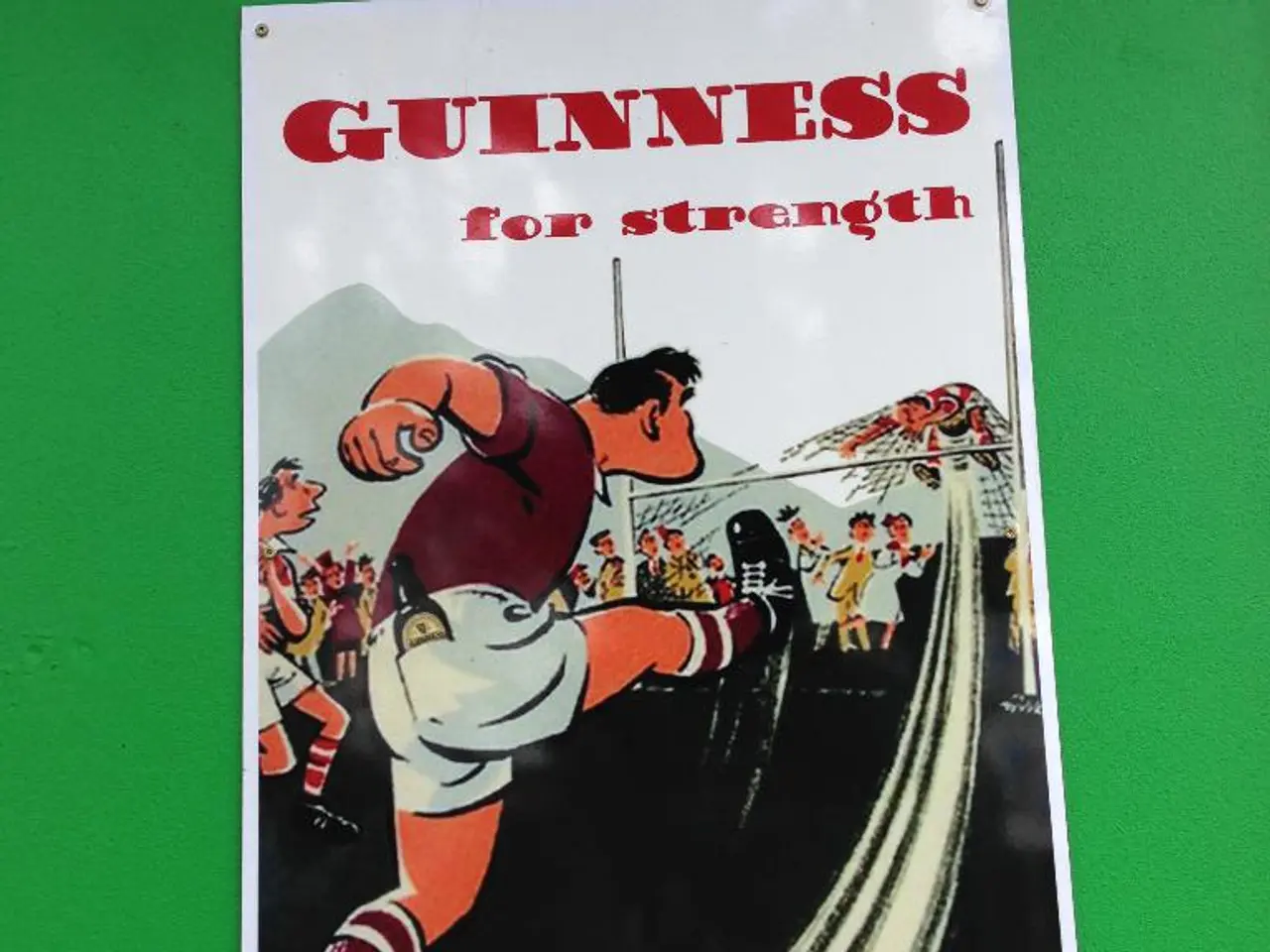Reason Behind Our Actions Unveiled
In the annals of history, ancient philosophers like Cleanthes, Socrates, Marcus Aurelius, and Seneca are renowned for their contributions to philosophy. One unique aspect of their teachings involved a deliberate practice of self-discomfort, rooted in Stoicism and other philosophical traditions that prioritised self-knowledge, resilience, and virtue.
This practice, which included voluntarily exposing themselves to hardship, discomfort, or scarcity, served multiple purposes. Primarily, it was designed to prepare them for the inevitable hardships and adversities life would present. By subjecting themselves to fasting, enduring cold, or limiting pleasures, these philosophers built mental resilience that would enable them to face life's challenges without being overwhelmed or losing their equanimity.
Another significant aspect of this practice was the cultivation of virtue and wisdom. Socrates, in particular, emphasised the importance of 'knowing oneself' as the first step towards wisdom. This aligns with the Stoic focus on mastering one's desires and emotions. By depriving themselves of comforts, these philosophers aimed to free themselves from dependency on external goods and pleasures, fostering inner freedom and virtue.
The control over desires and emotional responses was another key benefit. Stoicism teaches that external events are beyond our control, but our responses to them are within our power. By voluntarily accepting discomfort, these philosophers practiced controlling impulses and desires, reducing fear and anxiety about pain or loss.
The practice of daily voluntary hardship also made them less reactive to pain or inconvenience, allowing clearer judgment and calmer responses in difficult situations. This helped maintain tranquility and moral clarity even when faced with unexpected crises.
Moreover, the self-discipline involved in this practice heightened self-awareness, a foundation for philosophical insight. It helped reveal what is truly necessary for happiness and what is mere attachment or illusion, echoing Socratic and Stoic insights about inner versus outer goods.
In essence, the practice of self-discomfort was a practical philosophy technique to build mental strength, cultivate virtue, and achieve a serene, resilient mindset capable of effectively handling both daily challenges and future hardships. This made their philosophy not just theoretical but a lived experience applied to real-life adversity.
Today, we can draw inspiration from these ancient philosophers and their practice of self-discomfort. Whether it's saying no to avoid awkward and uncomfortable situations, lifting heavy things that are not enjoyable, or waiting through interminable flight delays that are boring, embracing discomfort can help us build our capacity to deal with it. By doing so, we can better prepare ourselves for the future discomfort and difficulty that life has in store.
Engaging in self-imposed hardship, as ancient philosophers did, serves a crucial role in combining lifestyle, education-and-self-development, and personal-growth. This practice, centered around strategies like fasting, enduring cold, or limiting pleasures, aids in developing mental resilience, cultivating virtue, and mastering emotions – key aspects of personal growth.
By willingly accepting discomfort and challenging our norms of comfort, we foster inner freedom, self-awareness, and develop a resilient mindset that can better handle future challenges, embodying the essence of a balanced lifestyle, education-and-self-development, and personal-growth.




